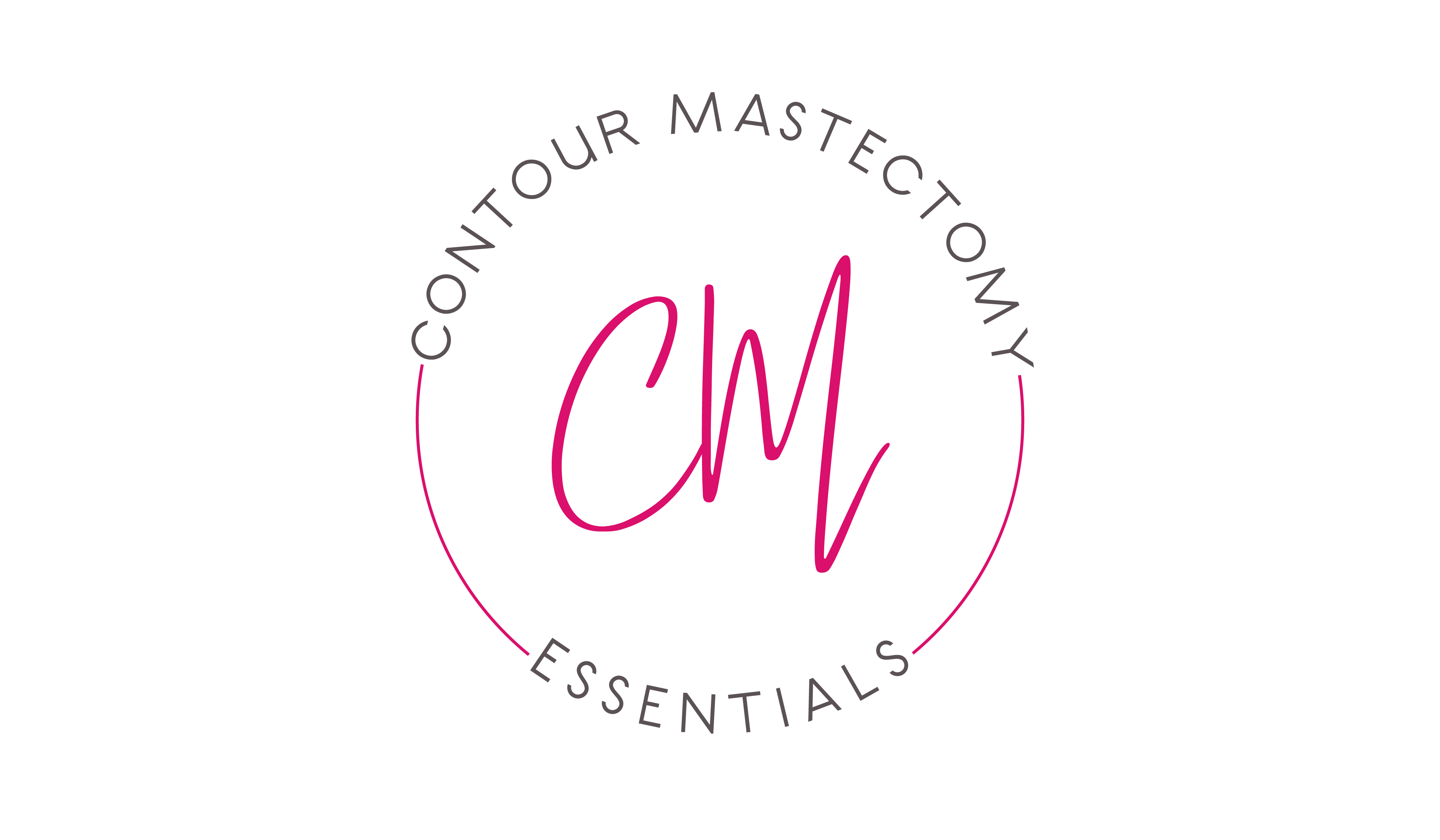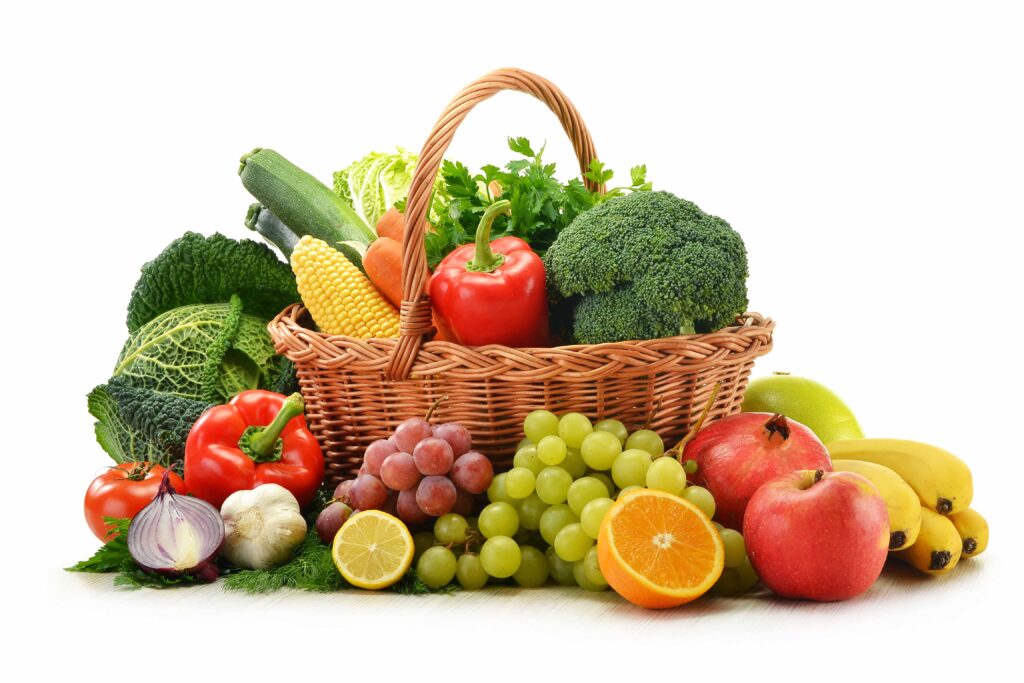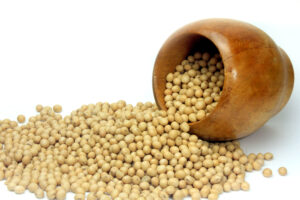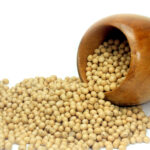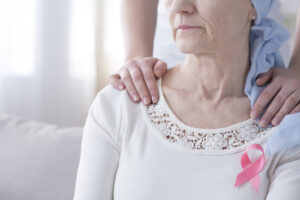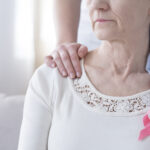Clean eating has been a trend for the past decade, although there’s no official definition of just what “clean eating” means. It’s more a dietary approach than a specific diet.
The foundation of clean eating is choosing whole foods and foods in their less processed states—choosing from vegetables, fruits, whole grains, pulses (beans, lentils, and peas), dairy, nuts, seeds, and high-quality animal and plant proteins. When possible, food choices are organic and based on what’s in season in your geographic region. When choosing packaged foods with a label, foods with shorter ingredient lists are preferred, and added sugars are limited.
So far, so good. However, the movement can go to extremes. Many clean-eating advocates aim to avoid all traces of added sugar, high-fructose corn syrup, preservatives, artificial colors and flavors, and other additives—a position that might be admirable but is too stringent for most people. In many cases, wellness bloggers and celebrities encourage cult-like extremism with no nutrition qualifications or evidence to back up some of their promises, including claims that their clean eating version will change your life or cure your health issues.
Why is your diet important during cancer treatment?
Since cancer treatment can lead to fluctuations in appetite and body weight, paying close attention to your diet is essential. In addition to helping you maintain a healthy weight, eating a balanced diet during chemotherapy or radiation therapy can:
- Help manage treatment side effects
- Increase energy
- Increase muscle tone
- Preserve immune function
- Reduce inflammation
What foods should you avoid during cancer treatment?
Be aware of what’s going into your body during cancer treatment. Read nutrition labels and prepare as much of your food as you can. It’s best to stay away from highly refined, processed food. You should also avoid fried foods that contain a lot of hydrogenated oils, which can increase inflammation.
Since people with cancer often have compromised immune systems, consider skipping foods that carry the risk of foodborne illnesses, including:
- Lightly cooked or raw fish, such as sushi
- Soft-cooked eggs or foods that contain raw eggs, such as homemade mayonnaise
- Unpasteurized cheeses and dairy products
- Unwashed fruits or vegetables
- Go Mediterranean. A Mediterranean diet focuses on eating plant-based foods. Fruits and vegetables. Whole grains. Healthier fats include extra virgin olive oil, nuts, and seeds
- Eat at least five to nine servings of fruits and vegetables daily
- Limit added sugars. Regarding cancer, some view sugar as a public enemy
- Cut down on alcohol. Alcohol use is associated with an increased risk of esophageal, throat, and breast cancer
- Go easy on the salt. Avoid cured, smoked, and nitrite-preserved foods
- Take vitamin D supplements (1,000 to 2,000 IU daily). Low vitamin D levels are associated with an increased risk of breast, colon, and pancreatic cancer (always speak with your healthcare provider)
Fruits and vegetables contain a large number of antioxidants. In addition, trusted Sources and phytochemicals may help protect against cancer. The American Cancer SocietyTrusted Source recommends consuming at least two and a half cups of vegetables and fruits daily. To get all the necessary minerals, vitamins, and fiber, include vegetables like broccoli, cauliflower, cabbage, Brussels sprouts, kale, and spinach. In addition, colorful vegetables like carrots, pumpkins, sweet potatoes, peppers, and beets are also full of nutrients.
REFERENCES
American Cancer Society
Cleveland Heath
Harvard Health
John Hopkins Medicine
